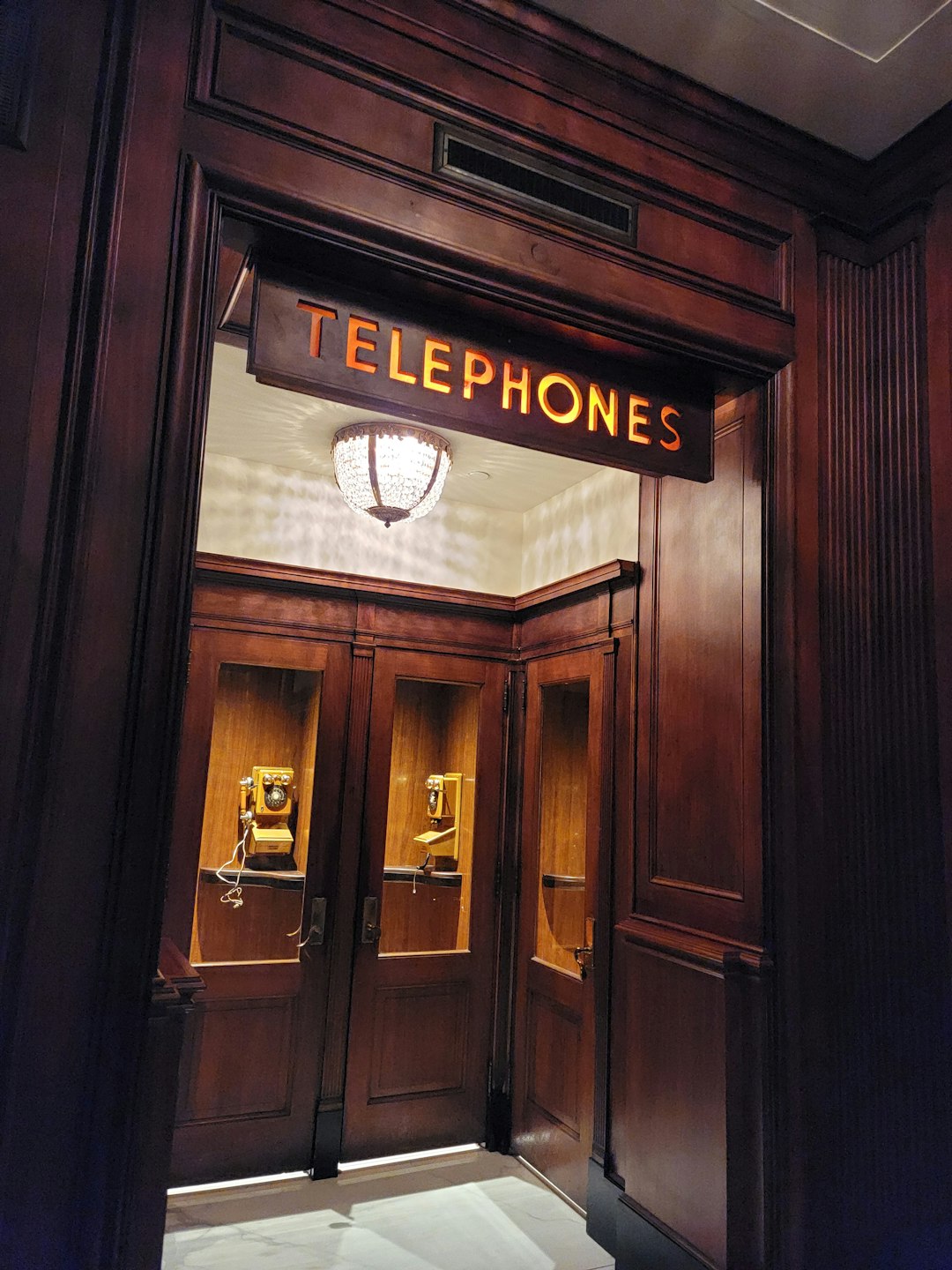Tennessee's No Call Laws protect residents from unwanted phone solicitations by enabling them to register on the state's Do Not Call list. These laws mandate prior consent for live telemarketers and cover various communication channels. Businesses risk significant fines for violations, while consumers can minimize unsolicited calls through registration, understanding their rights, and managing preferences effectively. Enforcements involve consumer reporting and regulatory action against violators. Exclusions include emergency calls, non-commercial government communications, and pre-approved interactions.
“Unwanted phone calls can be a nuisance, but in Tennessee, there’s legal protection against excessive or unsolicited contact through its No Call Laws. This comprehensive guide explores the state’s regulations, aiming to safeguard residents from persistent telemarketers. We’ll delve into who these laws protect, what constitutes unwanted calls, and the consequences for violators. Additionally, we’ll discuss exclusions and opt-out options, ensuring you’re informed about your rights in curbing unwanted phone marketing efforts.”
Understanding Tennessee's No Call Laws

In Tennessee, No Call Laws are designed to protect residents from unwanted telephone solicitations or prerecorded messages, commonly known as robocalls. These laws give consumers the right to restrict marketing calls by registering their phone numbers on the state’s Do Not Call list. The list is a powerful tool for Tennesseans who want to reduce the number of unsolicited sales or promotional calls they receive.
Understanding these laws is crucial for both businesses and residents. Businesses that violate the No Call Laws in Tennessee can face significant fines, with penalties increasing for repeated offenses. Consumers, on the other hand, should be aware of how to register their numbers, what rights they have, and how to manage their preferences to minimize unwanted calls.
Who Does the Law Protect?

The No Call Laws in Tennessee are designed to protect residents from unsolicited telephone solicitations, often referred to as telemarketing calls. This legislation is in place to safeguard consumers from unwanted and intrusive marketing practices. The law applies to a wide range of organizations, including sales companies, charities, political campaigns, and more.
Under these laws, businesses are prohibited from making automated or prerecorded telephone calls to Tennessee residents unless they have prior consent. Additionally, live telemarketers must obtain verbal permission before proceeding with the call. This means that if you haven’t given explicit consent to receive such calls, you can rest assured that your privacy is respected, ensuring a quieter and less intrusive phone experience for all Tennesseans.
When Are Calls Considered Unwanted?

In Tennessee, calls are considered unwanted and may violate the state’s No Call Laws if they are unsolicited or made to individuals who have registered on the Do Not Call list. This list is a powerful tool for Tennesseans to control their privacy and avoid intrusive marketing calls. Generally, these calls fall into two categories: telemarketing or sales calls from businesses seeking to promote their products or services, and debt collection efforts from collectors trying to retrieve debts.
Unwanted calls can be made through various means, including telephone, text messages, or even social media, as long as the caller is attempting to sell something, collect a debt, or solicit donations. It’s crucial for businesses and collectors to respect individual preferences and comply with state regulations, ensuring that their communication methods are not intrusive and have prior consent from the recipient.
Enforcing and Penalties for Violations

Enforcing no call laws in Tennessee involves a combination of consumer complaints, business self-regulation, and legal action by regulatory bodies. If a company violates these laws, they can face significant penalties, including substantial fines and damage to their reputation. Consumers who experience unsolicited phone calls can report the incidents to the Tennessee Department of Commerce & Insurance, which investigates and takes appropriate measures against offenders.
Penalties for violations are designed to deter companies from making unwanted calls. Fines can range from $100 to $50,000 or more per violation, depending on the severity and intent. In some cases, businesses may be required to pay actual damages suffered by consumers, such as costs associated with blocking or interrupting work or personal activities. Additionally, companies found guilty of repeated violations may face license revocation or other restrictive measures aimed at upholding the integrity of no call laws in Tennessee.
Exclusions and Opt-Out Options

While No Call Laws in Tennessee aim to protect residents from unwanted telemarketing calls, there are certain exclusions and opt-out options to be aware of. Excluded numbers include those used for emergency purposes, non-commercial calls from government agencies, or when you’ve given prior consent to receive calls. It’s also worth noting that businesses may still call if you’re on their approved list or have engaged with them in the past.
Opting out is relatively straightforward. You can register your number on the state’s Do Not Call Registry, which will reduce the volume of unsolicited calls significantly. Additionally, most telemarketers provide an opt-out option during the call, allowing you to remove your number from their list. Remember, these laws are designed to give Tennesseans control over their communication preferences, so staying informed about your rights is key.






